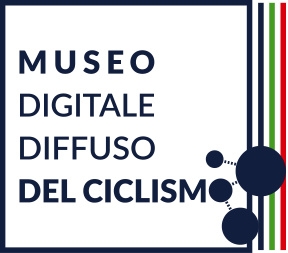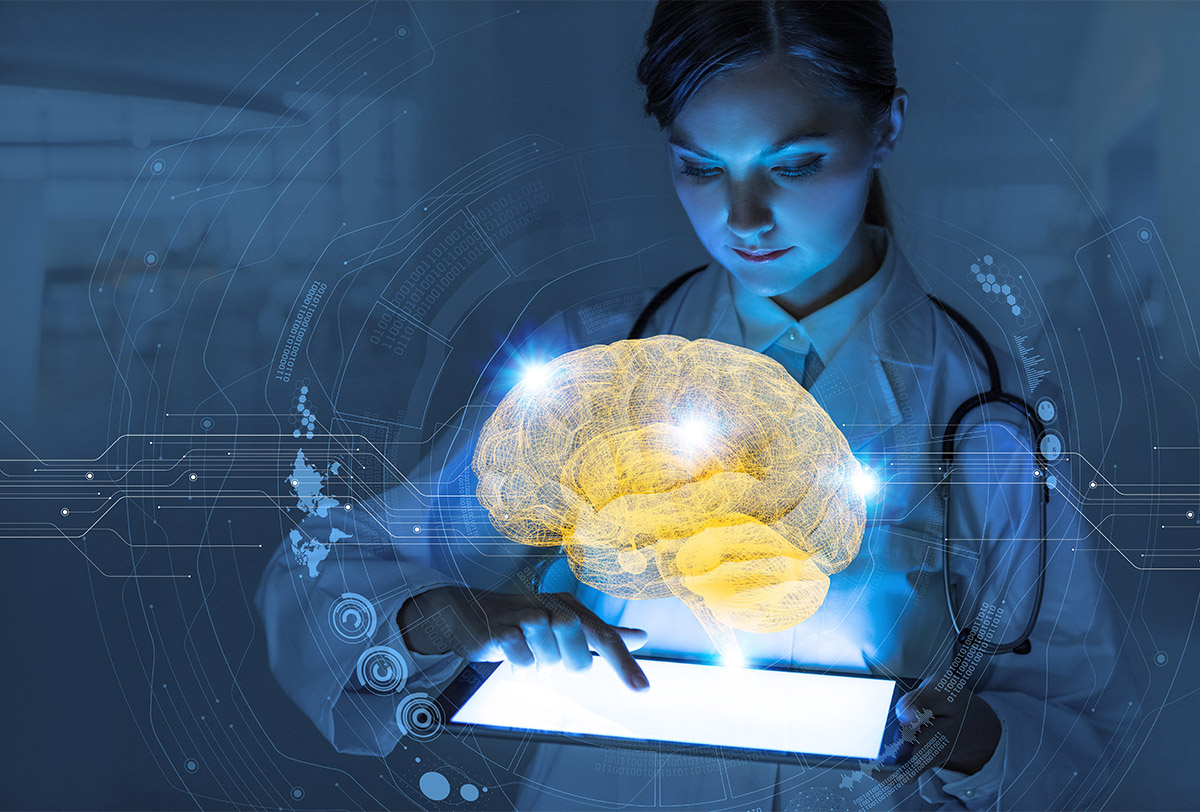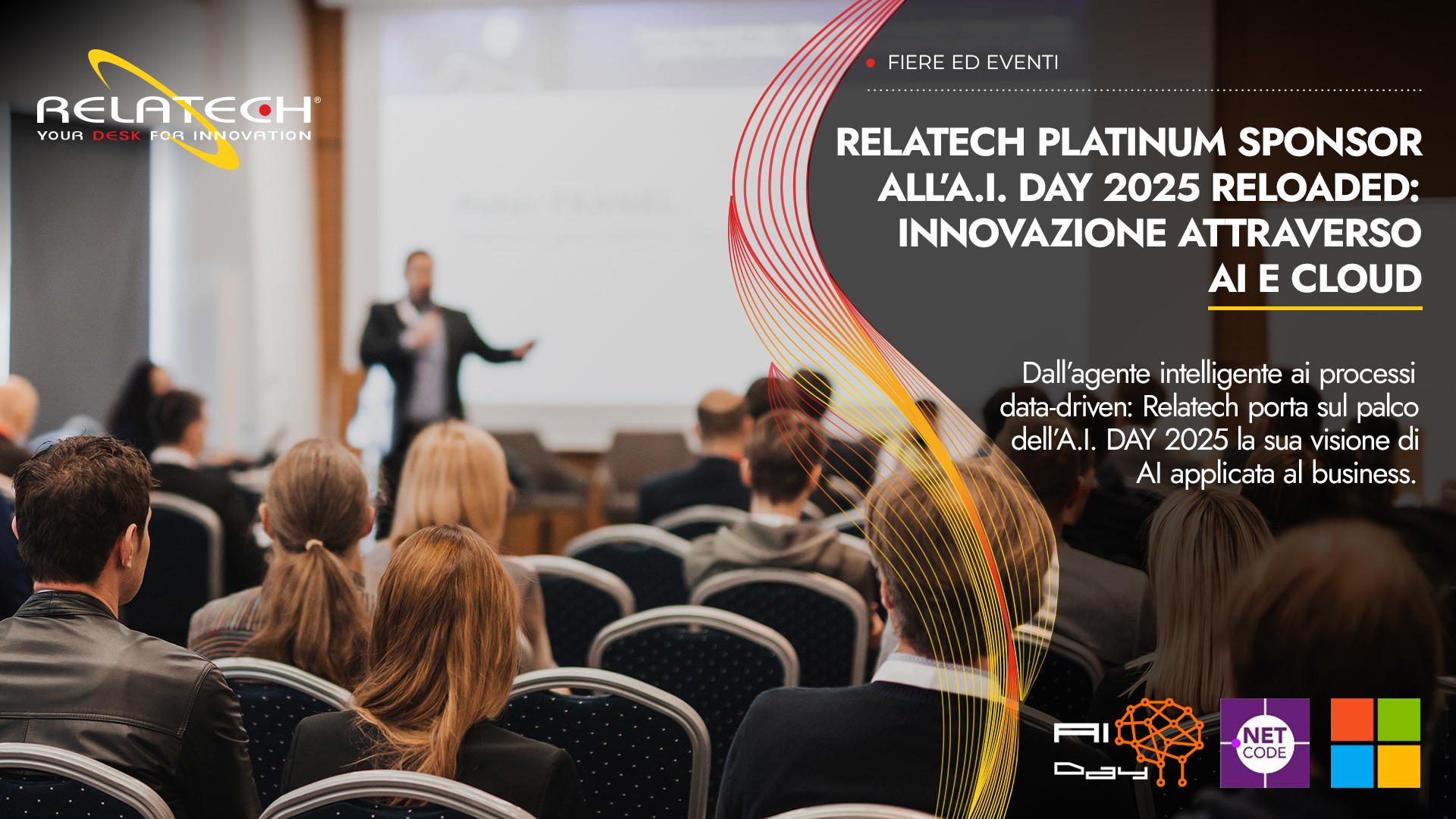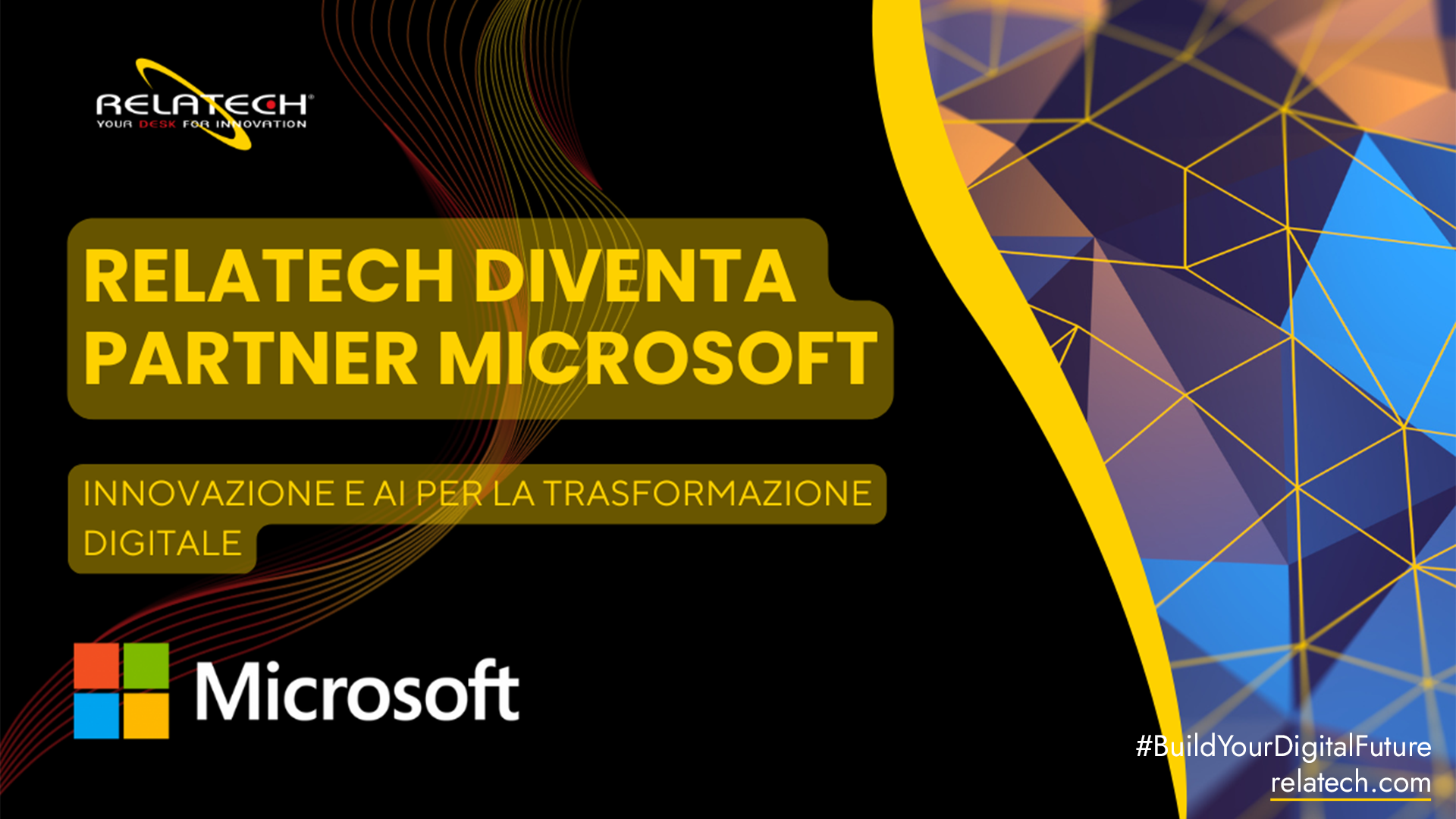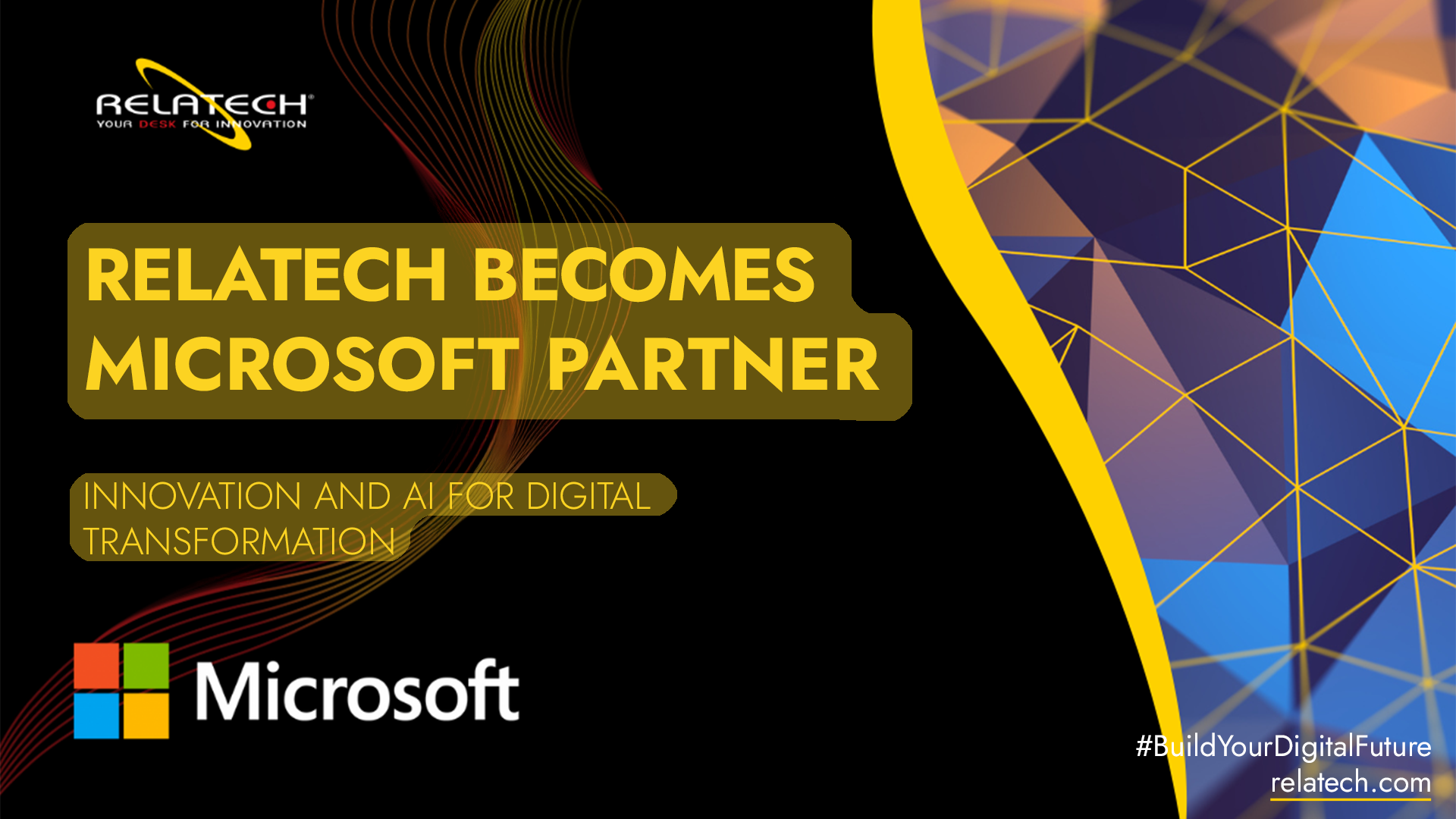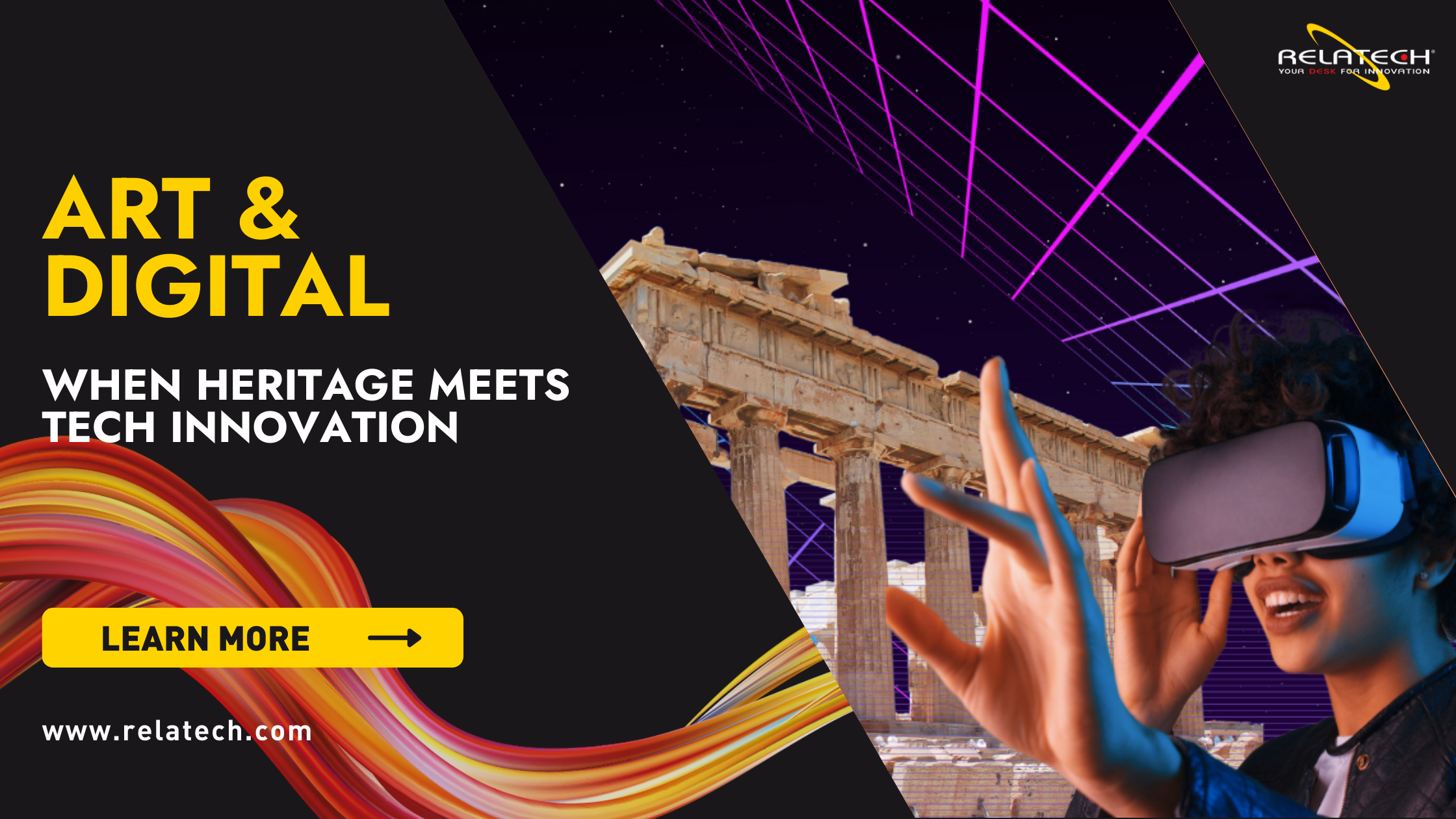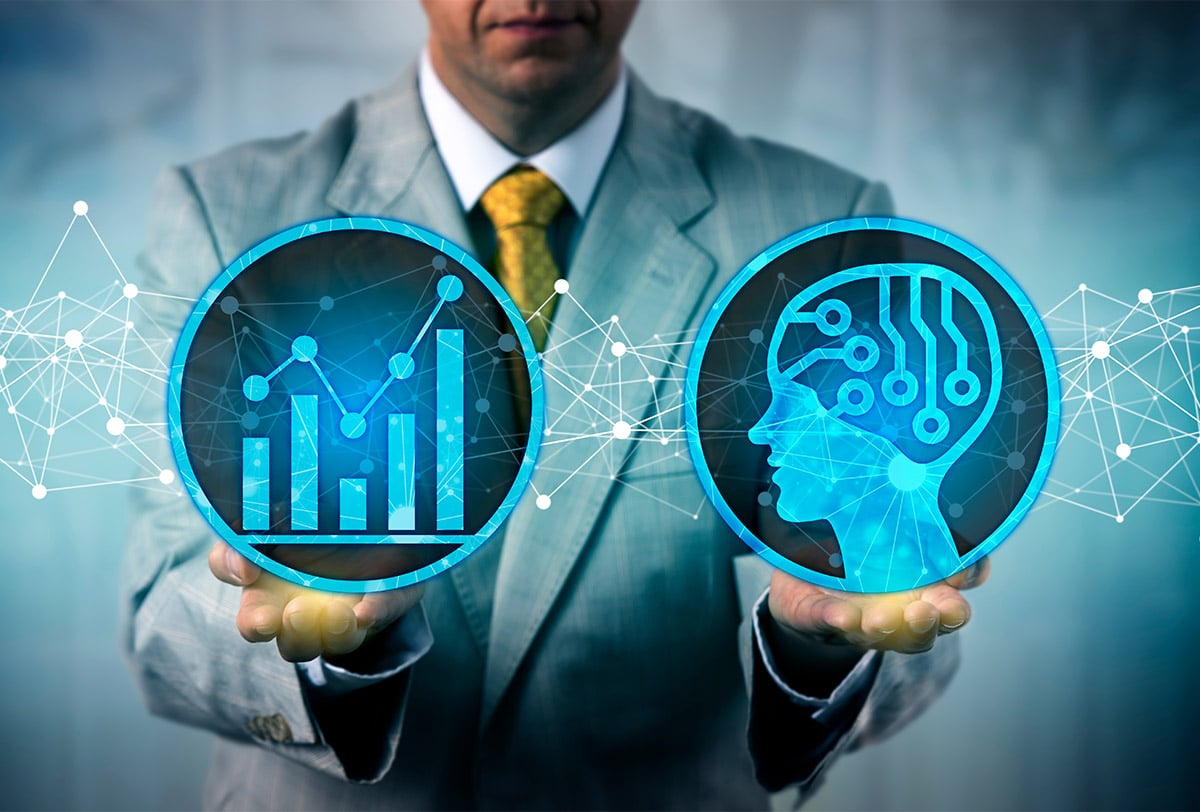ChatGPT and Human Creativity: Meeting Points and Attention
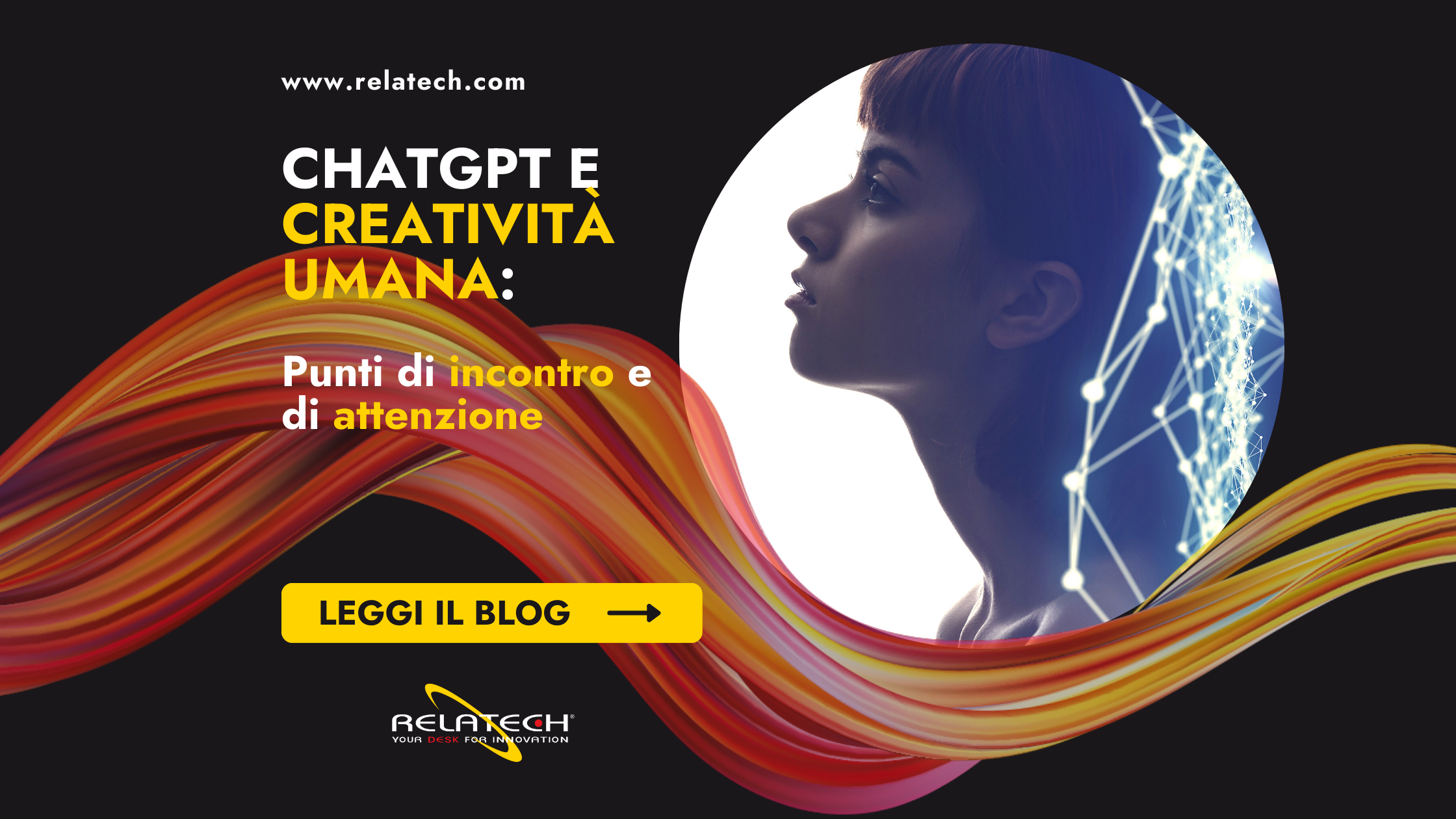
By Relatech Marketing Direction
The speed and accuracy of the answers are stimulating the creativity of many people who for the first time have access to the potential of AI. The results have generated amazement and wonder, but at the same time they force us to reflect on the effects that this technology could in the future. How to find the meeting point between opportunity and caution?
Introduction
Five days of life and more than one million registered users. In about three months, users have become hundreds of millions, so much so that at the moment, it is often impossible to access the login page due to the clogging of the system. Perhaps not even the authors expected such a high success from the first days.
We are talking about ChatGPT, the application of A.I., whose advent has created a real media tsunami that is polarizing the debate of the whole technological and non-technological world, bringing attention once again to the potential and risks of the use of artificial intelligence. The ChatGPT application and the underlying GPT-3 algorithm are the latest in a project launched by OpenAI in 2015.
From the beginning, Elon Musk and other digital market tycoons, including Reid Hoffman, co-founder of LinkedIn, Sam Altman, president of the startup accelerator Y Combinator, sensing the scope of the initiative have invested considerable resources on the project; moreover, recently Microsoft has also stated that it intends to invest over $ 10B to adopt ChatGPT in its systems, making the market interest in these technologies even stronger.
Why so much interest today?
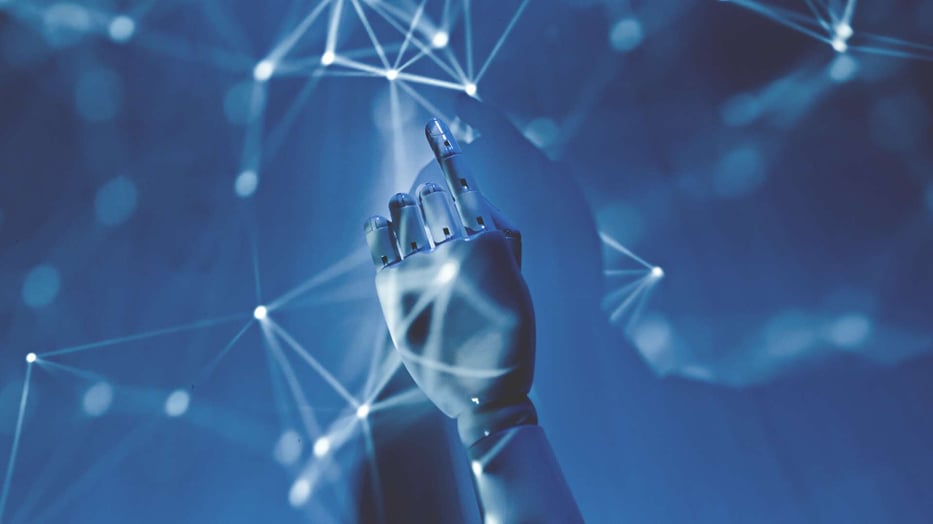
So what's so special about ChatGPT?
ChatGPT represents the fulfillment of an expectation that we were promised for a long time but never seemed to come. Unlike other tools that use AI, but in a limited way, at ChatGPT we can ask to create stories, answer complex questions, develop software.
The great novelty is precisely that of having made available to the general public an easy-to-use interface with enormous information and computational capabilities, which allow to immediately obtain satisfactory results in various areas.
This has allowed even people who are not experts in artificial intelligence to fully appreciate its mechanisms to make the most of their creativity. In this sense, ChatGPT represents perhaps the first real experiment in democratizing AI.
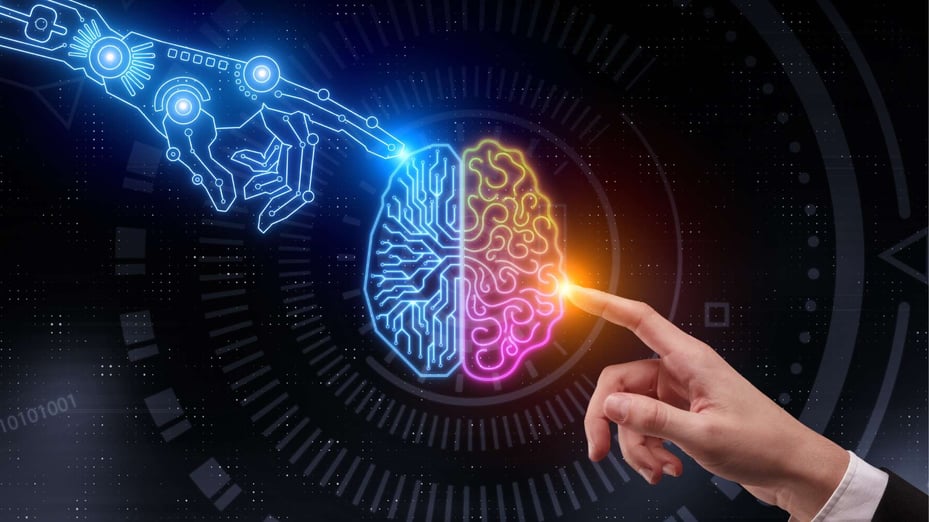
The demonstration of the importance of the phenomenon lies in the huge number of articles, posts, videos that for months every day appear on digital media that tell us about experiments and incredible results, or presumed such, obtained with ChatGPT, especially in sectors such as marketing, communication, education, commercial and legal and so on. In short, professionals who until recently had heard about AI in an abstract way but had never had the opportunity to try it concretely.
This has suddenly started a viral mechanism that on the one hand fascinates us but on the other frightens us: now that the artificial intelligence machine has been set in motion, where will it lead us?
Where can we get to today with AI?
We are still at the beginning of this new path of adoption of AI technologies on a larger scale, and we know that there are still technical limitations due to the capabilities of the algorithm, still being refined, and the amount of data that at the moment it has been possible to "digest". However, many experiments have already been carried out that have given rise to noteworthy results:
Un corso marketing da zero
A marketing professor used Chat GPT to build a course of his subject from scratch, which will be delivered via an avatar.
Doctor Chat GPT
Some American researchers subjected ChatGPT to the medical test, and the AI obtained a score between 52.4 and 75.0 enough to pass the test brilliantly.. (Chat GPT supera l'esame per la licenza medica)
Software developer
GPT-3 can write programs in python and other languages from natural language instructions. It is then possible to describe a certain procedure to GPT-3 and the AI will proceed to generate the necessary code. You can find many examples of this on the web.
But also some mistakes
CNET published some articles written through an AI, without making it known, but was later forced to correct several errors to apologize and suspend the use of AI. (Cosa succede se fai scrivere i tuoi articoli a un’intelligenza artificiale)
How is the world of work changing?
Sicuramente GPT-3 è solo l’apripista di una serie di strumenti che saranno sempre più potenti e sofisticati. Google ha da poco annunciato l'arrivo di Bard e OpenAI sta già lavorando a GPT-4. I settori lavorativi che potrebbero subire gli impatti più immediati sono quelli legati alla gestione di task di routine, del servizio clienti, o della classificazione dei testi.
These already use process automation tools that partly use AI algorithms. However, their adoption is still hampered by the cultural gap between experienced operators of industry processes and current AI technologies, which are still difficult to use. GPT3-based tools could accelerate the adoption curve.
Similarly, the areas related to creativity and the generation of original content could increase the speed and quality of production. In this case, it will be essential not only to correctly drive the algorithms, but also to accurately train employees in the correct use of AI, to learn how to provide correct inputs and to critically judge the answers provided. Emblematic in this sense is the mistake made by Google Bard during its announcement, which at first only a few experts saw.
Com’è sempre successo con le grandi innovazioni, alcuni lavori spariranno sostituiti dalle macchine. Anche in questo caso dovremo esercitare ancora di più la nostra creatività di esseri umani, canalizzandola verso obiettivi e prospettive più ampie inventandoci nuove professioni. Infatti, stanno già nascendo servizi di consulenza per aiutare le aziende a comprendere come utilizzare ChatGPT per migliorare i propri processi, e servizi di analisi di testi per aiutare scuole e università a capire se gli elaborati degli studenti siano stati generati tramite l'uso di AI.
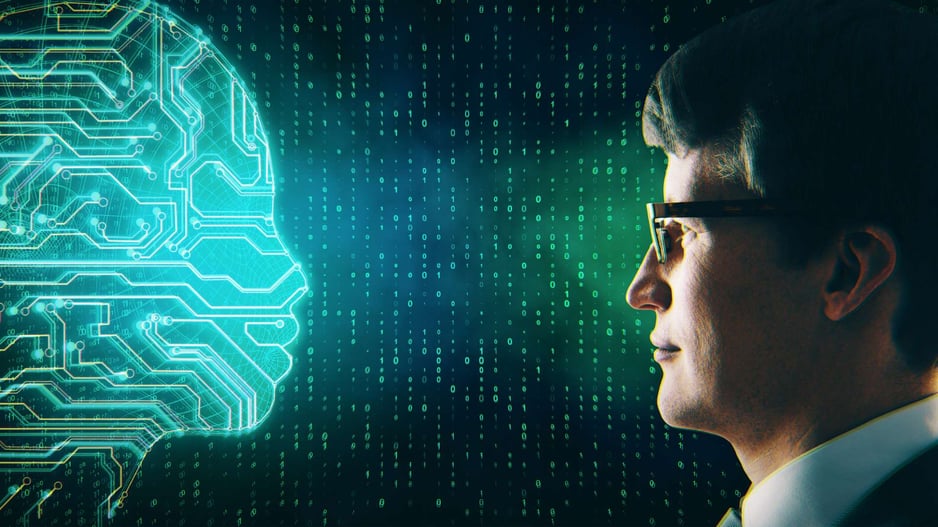
How does information change?
With social media we have already moved from an editorial logic to the new algorithmic logic; new AI-powered tools will push the threshold even further. The information filtering system that already today with search engines is not completely transparent, with platforms such as ChatGPT risks becoming even more opaque, if not completely obscure, amplifying the negative impacts of the mass media on society.
It will be necessary to pay close attention to the fact that in reality we know little, and we will know less and less, about the decision-making mechanisms that guide the algorithms in choosing the contents to be shown.
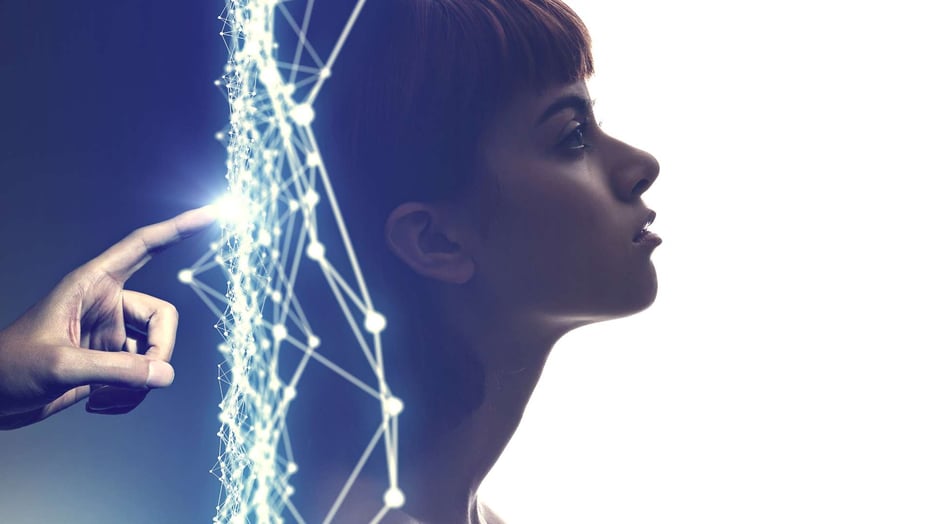
Conclusion
Considering the speed with which the train of technology and innovation runs, it is natural to wonder where algorithms like ChatGPT can arrive, already surprising today that they are still in their infancy.
Every technological innovation, in addition to benefits, also brings with it threats that must be prepared for in order to defend oneself. What will be the impacts of AI on society, education and culture? How will institutions and democracy change? It is becoming increasingly urgent to bring the human being back to the center of the development process, even before technology.
It is no coincidence that the UN recognizes the potential of AI to contribute to the achievement of the Sustainable Development Goals (SDGs) outlined in the 2030 Agenda and underlines the importance of responsible and ethical use of AI for the benefit of all.
